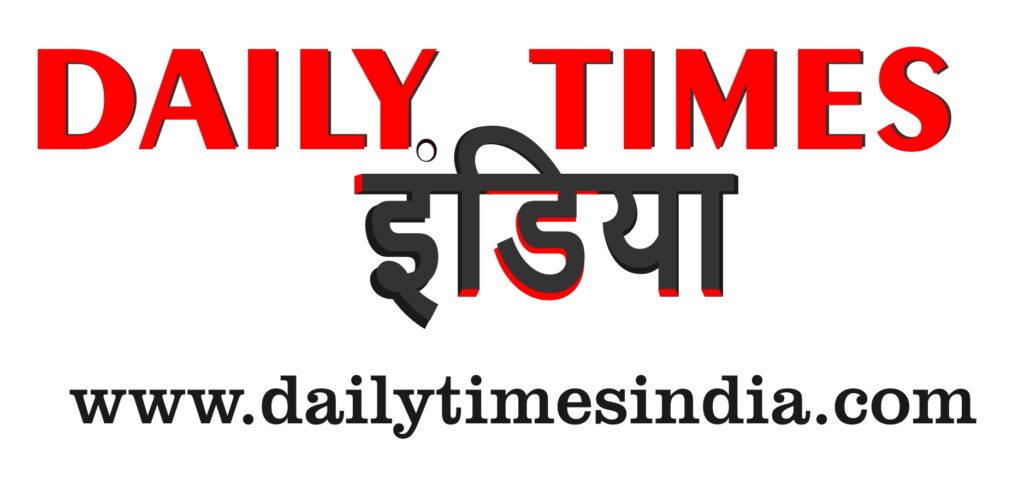Patna: The recent presentation of Bihar’s comprehensive caste census and socio-economic survey report in the esteemed Legislative Assembly has spurred intense debate and commentary across the state. During the parliamentary session, Bihar Parliamentary Affairs Minister Vijay Kumar Chaudhary extended gratitude to all the esteemed members of the House on behalf of the government. Emphasizing the significance of the census, he highlighted its crucial role in reflecting the realities of Bihar’s socio-economic landscape. However, he also noted the challenges encountered, with some individuals resorting to legal channels, reaching the Supreme Court to contest its validity.
Minister Chaudhary further disclosed some startling statistics from the survey, revealing that the male literacy rate stands at a mere 17%, while the female literacy rate lags slightly higher at 22%. These figures underscore the pressing need for targeted initiatives to bolster educational access and opportunities, particularly for marginalized communities within the state.
#शीतकालीन_सत्र के दूसरे दिन आज #विधानसभा में सत्र की शुरुआत के बाद ही विपक्षी सदस्यों ने विभिन्न मुद्दों को लेकर किया हंगामा.#BiharVidhanSabha@bla_sectt @iAwadhBihariRJD @DDNewsHindi @airnews_patna @PIB_Patna @CBC_Patna pic.twitter.com/1wBRHWhuaF
— DD News Bihar | डीडी न्यूज बिहार (@ddnewsBihar) November 7, 2023
Despite the presentation of the report, dissenting voices echoed within the Assembly, with opposition leaders expressing their reservations about the methodology and outcomes of the caste census and socio-economic survey. Responding to these concerns, Chief Minister Nitish Kumar underscored the government’s commitment to transparency and accountability, urging his ministers to provide a comprehensive overview of the report’s findings.
“The report has been tabled in the House. Now our ministers will briefly explain about it,” affirmed Chief Minister Nitish Kumar. He further assured the Assembly that every party would have an opportunity to voice their perspectives on this critical issue. Stressing the inclusive nature of the census, he reiterated that the survey was conducted with the collective consent and cooperation of all stakeholders, underscoring the government’s dedication to representing the diverse voices and concerns of the people of Bihar.
The atmosphere surrounding the release of the caste census and socio-economic survey has grown increasingly charged, with significant political rhetoric permeating public discourse. In a recent address at a rally in Patahi, Muzaffarpur district, Union Home Minister Amit Shah lambasted the Nitish Kumar-led government, accusing it of manipulating the survey data to appease specific voter demographics, particularly Muslims and Yadavs. Shah’s allegations have only intensified the ongoing political turmoil, adding fuel to an already contentious situation.
As the state grapples with the implications of the caste census and socio-economic survey, the coming days are poised to witness further deliberation and debate, as stakeholders and citizens alike grapple with the complexities and implications of the findings presented in the Assembly.






